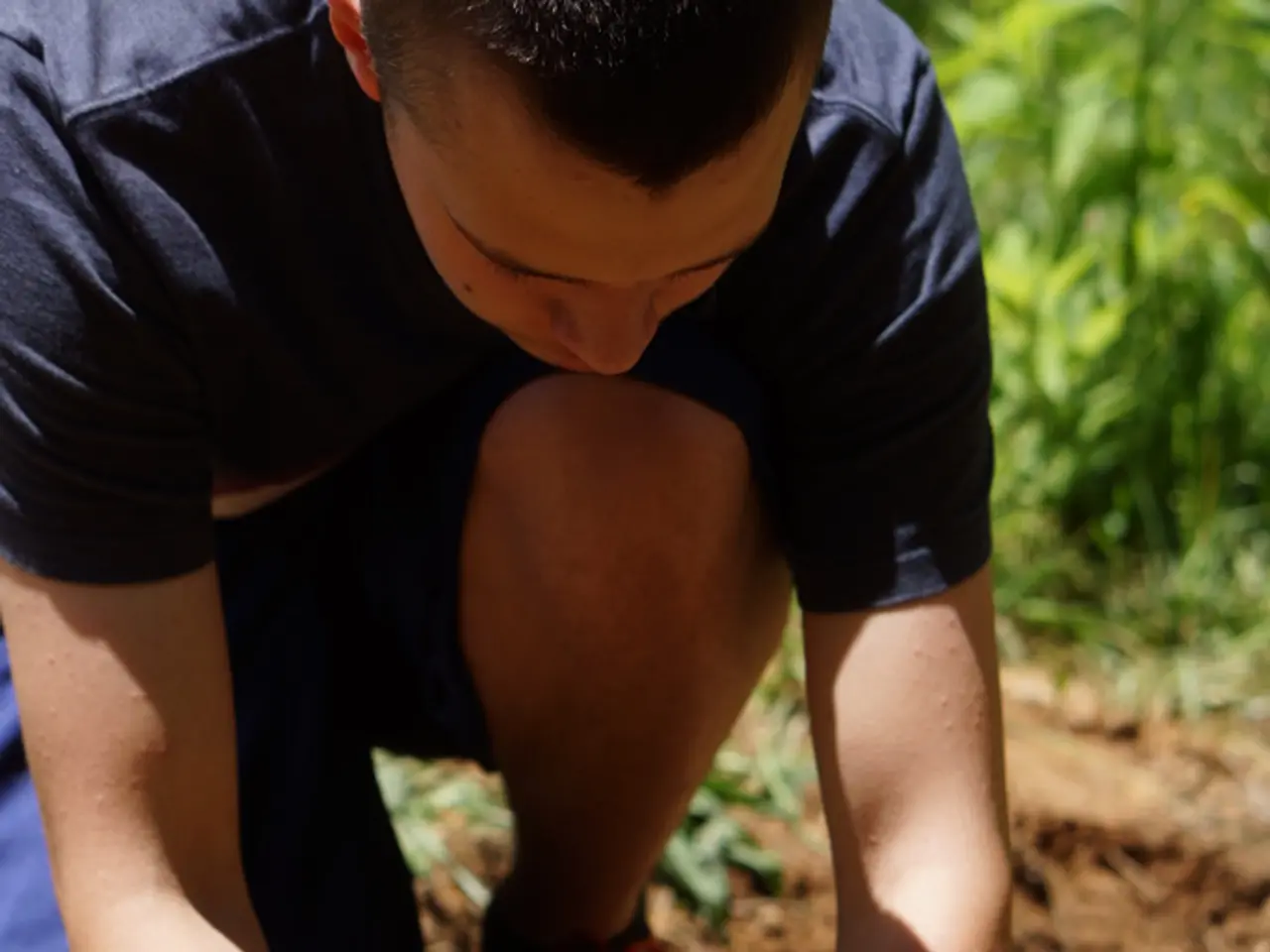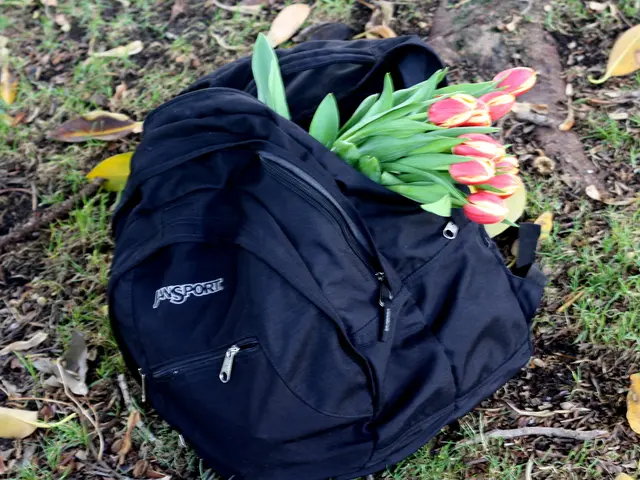"Eco-Friendly Gardening Equipment for Simplified Green Living"
===================================================================
Embracing sustainable gardening practices has become increasingly popular, as more gardeners strive to reduce their environmental impact while still maintaining healthy plants. This article provides a guide to eco-friendly gardening tools and accessories that are both sustainable and effective.
Organic mulch mats, plant pots made from coconut coir, and garden twine made from jute or hemp are just a few examples of biodegradable gardening supplies that help keep weeds at bay, conserve moisture, and enrich the soil.
Choosing sustainable gardening tools is a commitment to the environment, made from either recycled or sustainably sourced materials. Hand tools made from recycled metals are sturdy and eco-friendly, while watering cans made from recycled plastic are lightweight and eco-friendly too.
When shopping for eco-friendly gardening accessories, there are several key indicators to look out for. Firstly, materials should be renewable (such as bamboo or sustainably harvested wood) or recycled (like recycled plastics or metals). Biodegradable items, such as peat pots for seedlings, reduce waste by naturally breaking down in the soil.
Durability and ergonomics are also crucial considerations. High-quality tools that last longer reduce overall consumption and waste. Ergonomic designs promote comfort, reducing physical strain and encouraging responsible gardening habits. Some products may carry certifications indicating sustainable sourcing or manufacturing processes, making it easier to choose eco-friendly options.
Examples of sustainable tools include stainless steel hand weeders with ergonomic grips, bamboo pots, recycled plastic containers like Vigoroot™, biodegradable seedling pots, and garden tool pouches made from durable materials that prolong tool life and organization.
Starting small is an approachable way to transition to sustainable gardening. Choose a few essential tools first, such as a high-quality trowel, hand weeder, and watering can. As you become more comfortable with these tools, you can expand your collection to include solar-powered tools, compost bins made from recycled materials, and biodegradable pots.
Visiting local gardening shops can provide options for sustainable tools, as well as the opportunity to ask questions and learn more about eco-friendly gardening practices. Researching eco-friendly tools online is another effective way to find tools made from recycled materials or that are biodegradable. Checking reviews can help pick the best eco-friendly tools for individual needs.
In summary, prioritise tools made from renewable, recycled, or biodegradable materials, verify product durability, and seek certifications or clear eco-friendly claims when selecting sustainable gardening tools and accessories. By making these choices, gardeners can enjoy a greener, more sustainable gardening experience while still achieving beautiful, healthy plants.
References: [1] Sustainable Gardening: A Guide to Eco-Friendly Tools and Accessories. (2021). Retrieved from website [2] Top 10 Sustainable Gardening Tools. (2020). Retrieved from website [3] Biodegradable Plant Pots: Are They Worth It? (2020). Retrieved from website [4] The Best Eco-Friendly Gardening Tools. (2019). Retrieved from website [5] Sustainable Gardening: 10 Tips for a Greener Garden. (2020). Retrieved from website
- To further enhance a sustainable lifestyle, invest in home-and-garden products like biodegradable seedling pots and gardening tools made from materials such as bamboo or recycled metals, which promote eco-friendly gardening practices.
- Incorporating sustainable living principles into your home-and-garden, consider using home-grown produce from a sustainably maintained garden and adopting gardening techniques that uphold a home-and-garden lifestyle that aligns with eco-friendly principles.




